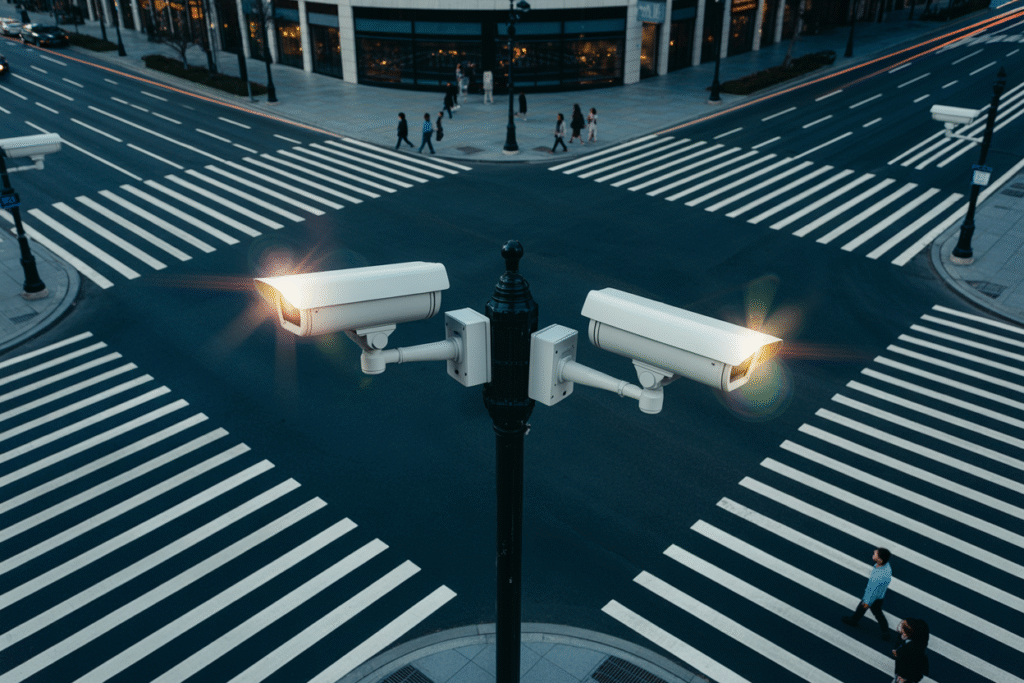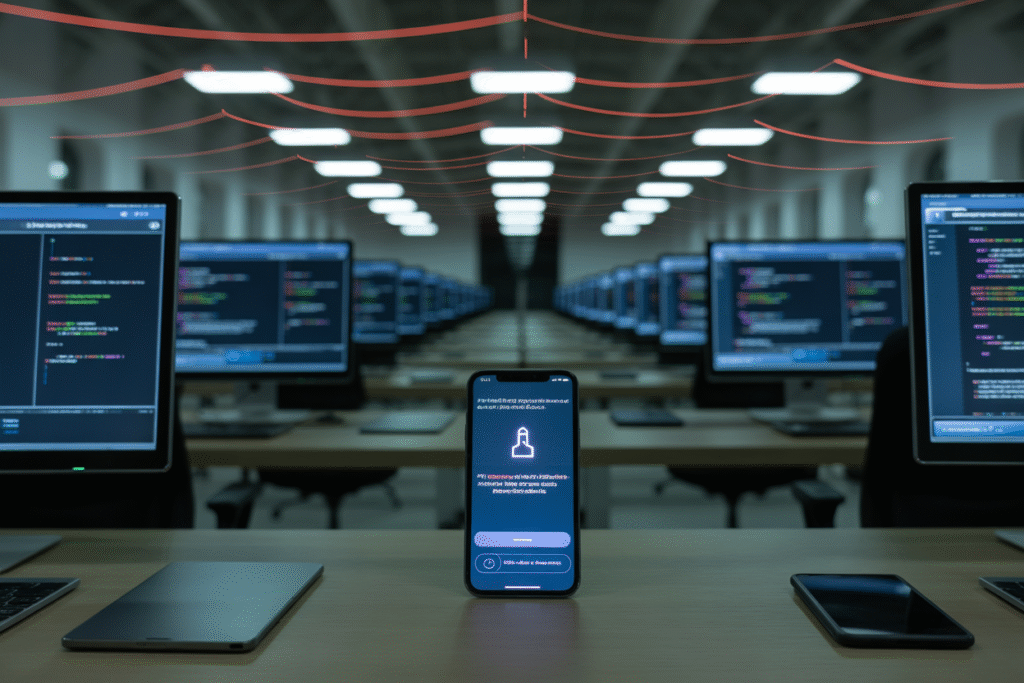From AI surveillance threatening sermons to stock dips bursting the hype, here’s how artificial intelligence is rewriting faith, finance, and freedom.
Artificial intelligence isn’t just disrupting industries—it’s challenging the soul of society. From Wall Street to the pews, new debates are erupting over faith, finance, and freedom in the age of thinking machines. This story unpacks the five flashpoints you need to watch.
When Algorithms Read the Bible
Imagine waking up to find your pastor’s sermon flagged by an algorithm. Sounds far-fetched? Not anymore. Across social platforms, a new thread is gaining traction—one that claims AI surveillance is quietly targeting Biblical Christianity. The post, shared thousands of times in conservative circles, warns that “thought policing” software could soon label Gospel messages as misinformation.
The argument isn’t coming from tinfoil-hat forums. It’s being amplified by respected commentators who point to China’s social-credit system and Europe’s hate-speech laws as blueprints. Their fear: if an AI decides that certain doctrines are “harmful,” digital monitoring could push believers underground.
Critics counter that the same tools can curb terrorism and extremism. Yet the chilling hypothetical remains—what happens when your private faith expression collides with a server farm in Silicon Valley?
The Bubble Bursts on Wall Street
While theologians debate prophecy, investors are living a different kind of revelation. This morning, Marvell Technology and Dell both missed earnings expectations tied to AI demand. Marvell’s data-center chips—once the golden ticket—suddenly look mortal. Dell’s AI server sales? Far below the hype.
The result: pre-market stock dips that shaved billions off market caps. Financial analysts rushed to call it a “reality check,” but the language felt more like panic. After months of sky-high valuations, the market is asking a simple question—have we been buying the dream instead of the product?
Venture capitalists who pushed the narrative of infinite growth now face skeptical investors. Short-sellers smell blood. The debate has shifted from “How high can AI fly?” to “How hard will it fall?”
Playing God with Silicon Brains
If the market wobble feels unsettling, consider the philosophical earthquake rumbling beneath it. A new poll from researcher Emil Kirkegaard asks bluntly: can humans actually build AGI that surpasses us in every way? Over 60 percent of respondents say yes, but most add a sobering caveat—we’re farther away than the headlines suggest.
The conversation quickly turns existential. If an artificial mind can out-think us on morality, does that redefine what it means to be human? Transhumanists picture disease-free utopias. AI-safety advocates picture paper-clip factories that accidentally consume the planet. Both camps agree on one point: the stakes couldn’t be higher.
Meanwhile, breakthrough models like xAI’s Grok Code Fast 1 are already nudging us toward that cliff. They generate code at lightning speed, but critics warn the efficiency gain may erode human problem-solving skills. Are we outsourcing our creativity—or surrendering it?
Uninvited AI at the Kitchen Table
You might not worry about AGI while opening a PDF, but Adobe just made the mundane feel menacing. Users report that the latest Acrobat update forces an AI assistant into every document. The assistant summarizes, suggests edits, and—according to privacy advocates—collects data without clear consent.
One viral post captures the mood perfectly: “I just wanted to read a lease, not audition for Black Mirror.” The backlash isn’t about technology per se; it’s about choice. When everyday tools become surveillance devices, users feel trapped. Adobe insists the feature can be disabled, but buried opt-out menus don’t inspire trust.
The episode highlights a broader frustration. AI is creeping into software like uninvited relatives at Thanksgiving. Each new “assistant” promises convenience, yet raises fresh questions about autonomy, data harvesting, and corporate overreach.
Your Move in the Age of Thinking Machines
So where does this leave us—believers, investors, coders, and everyday readers alike? First, stay informed. The AI landscape shifts daily, and yesterday’s paranoia can become today’s headline. Second, demand transparency. Whether it’s a church sermon or a stock prospectus, ask who’s watching the watchers.
Third, engage ethically. If you build AI, bake in safeguards. If you invest, look past hype to fundamentals. If you simply use software, read the fine print—then share what you learn. Collective vigilance is the only algorithm that can’t be hacked.
Ready to join the conversation? Drop your biggest AI worry—or hope—in the comments below, and let’s figure out the future together.


